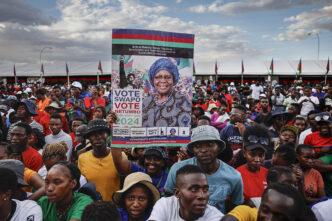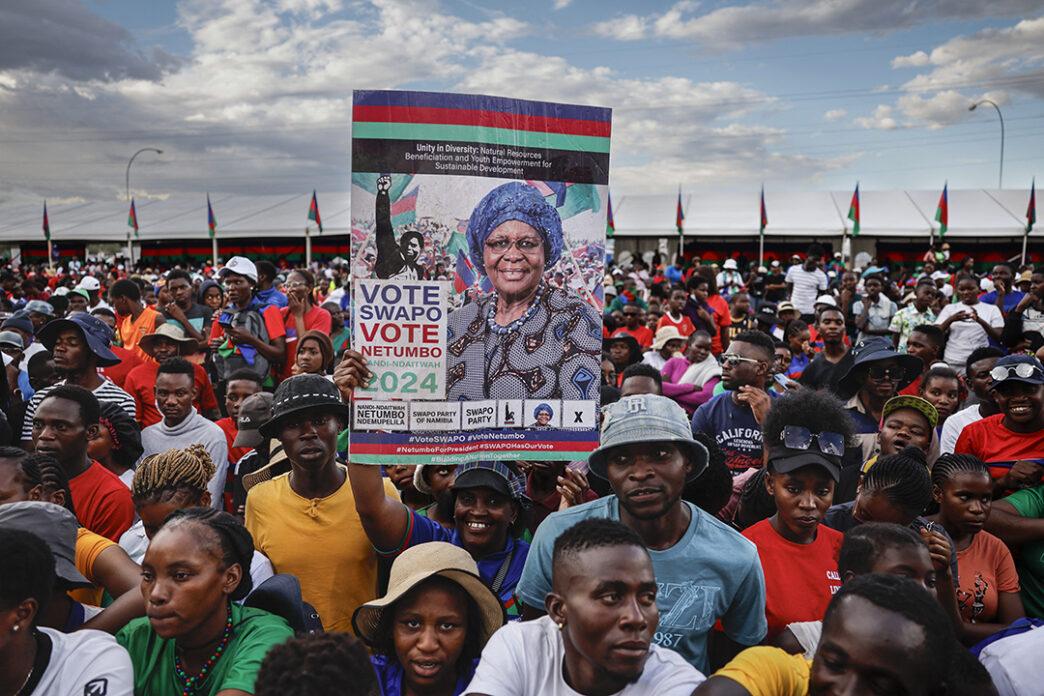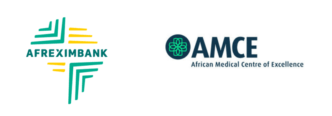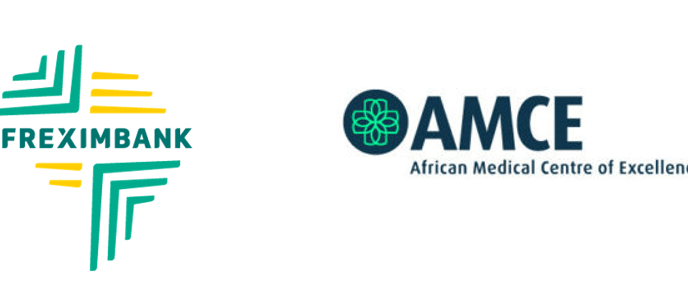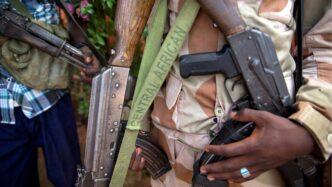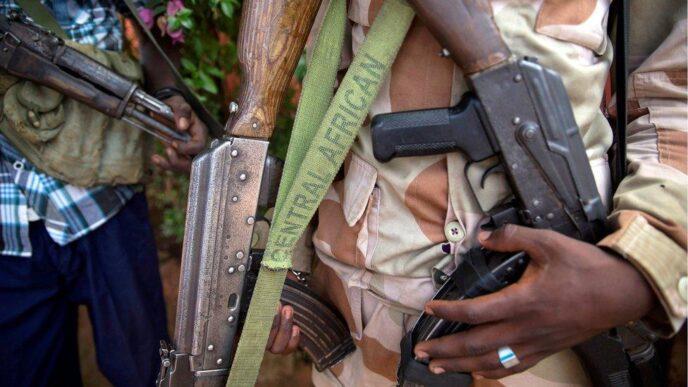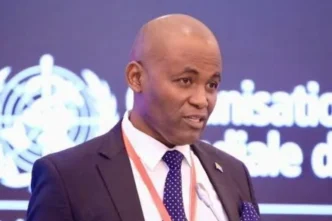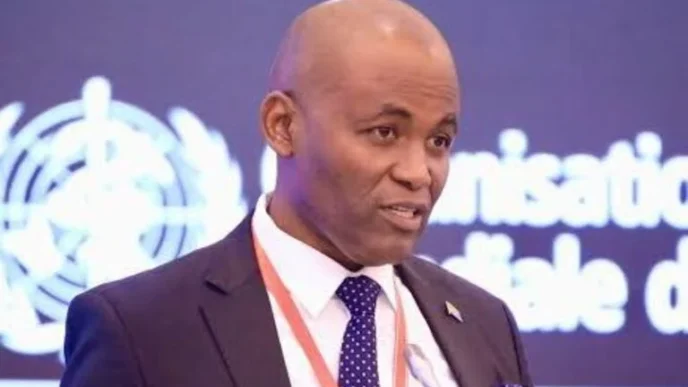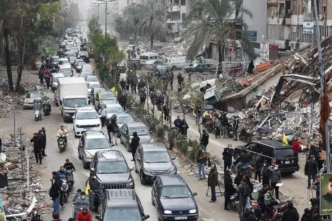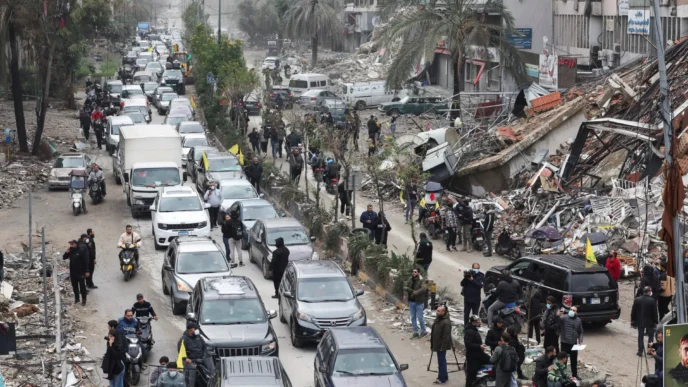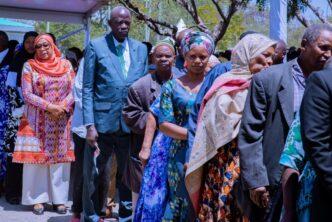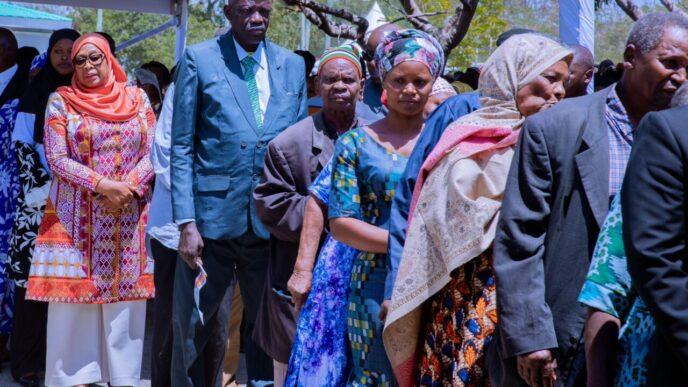Namibia Elections 2024 Updates
As Namibians prepare to vote on November 27, the Namibia elections 2024 updates reveal a charged political landscape that could reshape the nation’s future.
With 21 political parties competing for 96 parliamentary seats and 15 candidates vying for the presidency, the elections are set to be among the most competitive in Namibia’s history.
Challenges Facing SWAPO in Namibia Elections 2024 Updates
The ruling SWAPO Party, in power since Namibia gained independence in 1990, faces a tough battle.
Growing dissatisfaction among the youth and allegations of corruption, such as the lingering fish-rot scandal involving former officials, have significantly eroded SWAPO’s support. Vice President Netumbo Nandi-Ndaitwah, the party’s presidential candidate, seeks to overcome these hurdles.
Nandi-Ndaitwah, who could become Africa’s third female president, promises to tackle unemployment by creating 500,000 jobs over five years. However, her pledges face skepticism over funding sources. “The youth are increasingly disillusioned,” noted Graham Hopwood of the Institute for Public Policy Research.
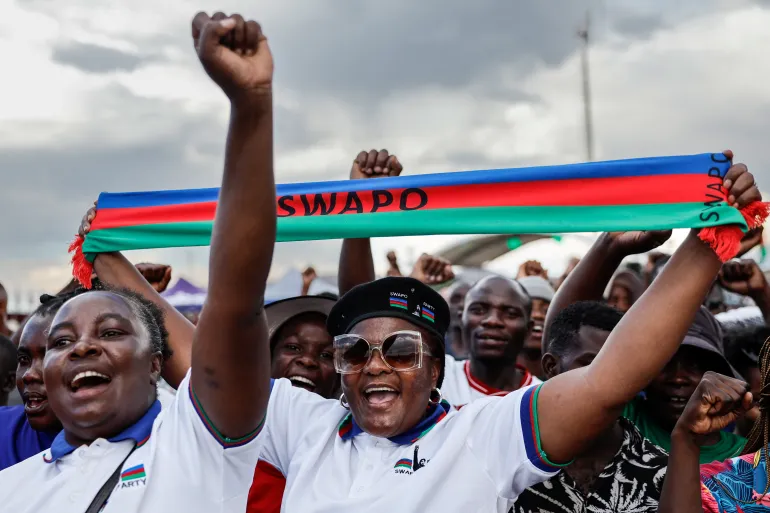
The Rising Influence of Opposition Leaders
Panduleni Itula of the Independent Patriots for Change (IPC) poses the greatest threat to SWAPO. Once a SWAPO member, Itula appeals to the younger demographic with promises of economic liberalization and reduced corporate taxes to attract foreign investments. Analysts believe a high youth turnout could tilt the scales in his favor.
McHenry Venaani of the Popular Democratic Movement (PDM) and Bernadus Swartbooi of the Landless People’s Movement (LPM) also bring unique platforms to the table, advocating for land reform and economic equality.
Meanwhile, Job Amupanda of the Affirmative Repositioning (AR) movement takes a radical stance, calling for forceful land reclamation from absentee landlords.
Key Issues in Namibia Elections 2024 Updates
Namibia’s elections come at a critical time, with the country grappling with deep-seated issues:
- Economic Inequality: Despite being rich in resources like uranium and diamonds, Namibia suffers from high poverty levels and is the second most unequal country globally after South Africa.
- Housing and Land Reform: A severe housing crisis and slow land redistribution continue to fuel frustrations. Nearly half a million Namibians live in informal settlements.
- Youth Unemployment: With 43% of young people jobless, the economy remains a major talking point among candidates.
Peaceful Elections Anticipated, but Delays Possible
The polls will close at 9 p.m. CAT on Wednesday, with results expected by November 28. However, the switch from electronic card readers to ballot papers may delay the final outcome.
While Namibia has a history of peaceful elections, experts caution that delayed results could spark allegations of fraud or isolated violence.
The Namibia elections 2024 updates highlight a nation at a crossroads. As Namibians cast their votes, the country faces a choice between continuity under SWAPO and a potential shift toward new leadership.
With issues like unemployment, housing, and land reform at the forefront, this election promises to shape Namibia’s trajectory for years to come.
Read More:
